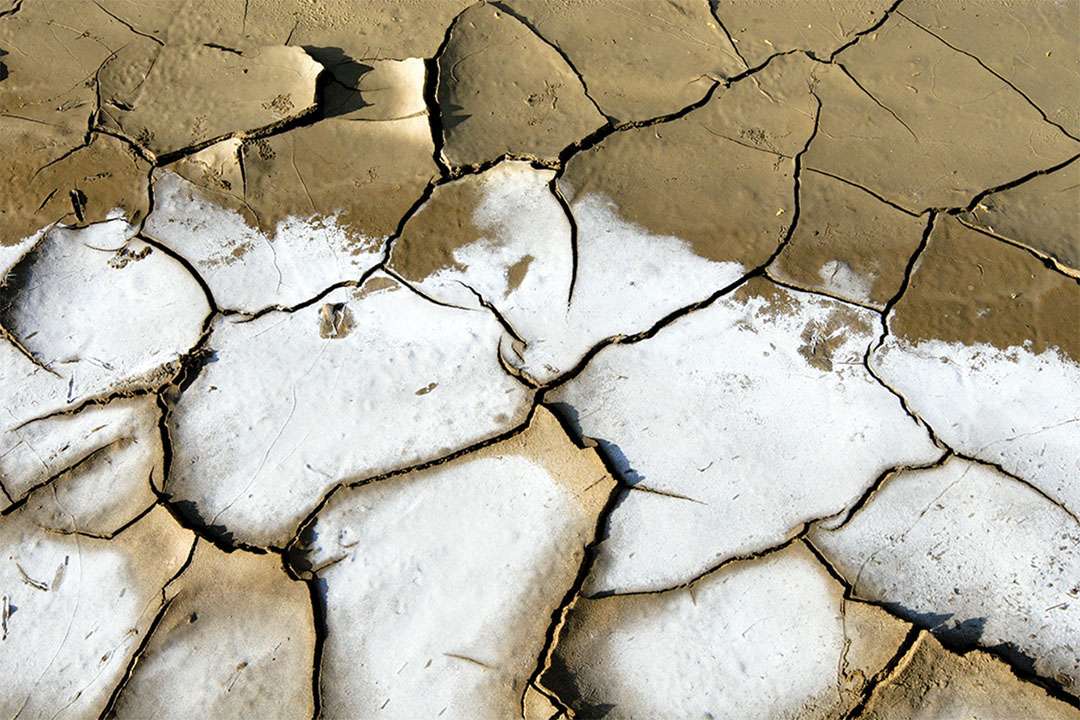
Today, many countries are at risk of running out of water, especially in the Arab region – the most water scarce region in the world – with water availability now cited as one of the greatest risks to business continuity and growth.
We need a new paradigm to achieve water security – one that depends on greater than ever cooperation at all levels and integrated partnerships focused on a sustainable future for the region.
Water is at the heart of the 2030 Agenda for Sustainable Development. Securing water for people, productivity and the environment is a necessary condition for sustainable growth, ending poverty and hunger, and fully achieving the SDGs. Despite progress, billions of people still lack access to safe water, sanitation and hand-washing facilities.
Today, many countries are at risk of running out of water, especially in the Arab region – the most water scarce region in the world – with water availability now cited as one of the greatest risks to business continuity and growth. UN-Water warns that progress on clean water and sanitation (SDG 6) remains uneven and that we are not on track to reach the 2030 Agenda. Failing to achieve water security will jeopardize the whole of the SDGs.
Arab countries cover 10% of the world’s area and are home to 6% of the world’s population but receive less than 2% of the world’s renewable water supply. Two-thirds of the Arab region’s water supplies (163.2 BCM) originate outside the region. Consequently, Arab nations need to import more than half of their food; they are among the greatest importers of cereal in the world.
Water resources in the Arab region are being depleted by rapid population growth, the accompanying demands of urbanization, and irrigated agriculture. Moreover, climate change, bringing greater climate variability and more frequent and severe droughts and floods, will exacerbate the already precarious situation created by chronic water scarcity.
The Arab region is considered one of the world’s poorest regions in terms of water availability and globally, is most likely to suffer from water crises. Over the next 20 years, freshwater per resources per capita are estimated to keep declining steadily unless a fundamental shift occurs.
Yet, the Arab world is undertaking the least planning and preparation to combat this coming crisis, especially those countries where limited financial capacity couples with limited water resources. Political turmoil and civil wars that prevail in some countries of the region exacerbate the situation. This in turn fuels political unrest, demonstrations and protests at the national level due to lack of water, or at the regional level due to tensions resulting from shared water basins across the Middle East. The Tigris and Euphrates basin (Turkey, Syria, Iraq and Iran) and the Nile River basin between Egypt and the rest of the riparian’s countries of the blue and white river basins of the Nile, as well as the Jordan River basin (Israel, Lebanon, Syria, Jordan and Palestine) are salient examples.
To achieve the water SDG, a paradigm shift in the Arab region means:
Written by Prof. Jamal Saghir & Eng. Hassan Aboelnga
Image: CC
Publication date: October 8, 2019
Learn about MENA NGOs for Conservation & Protection
MENA’s first free click-to-donate platform – you click, we donate



Copyright © 2024 The Olive Tree SAL, all rights reserved. Terms of Use | Privacy Policy